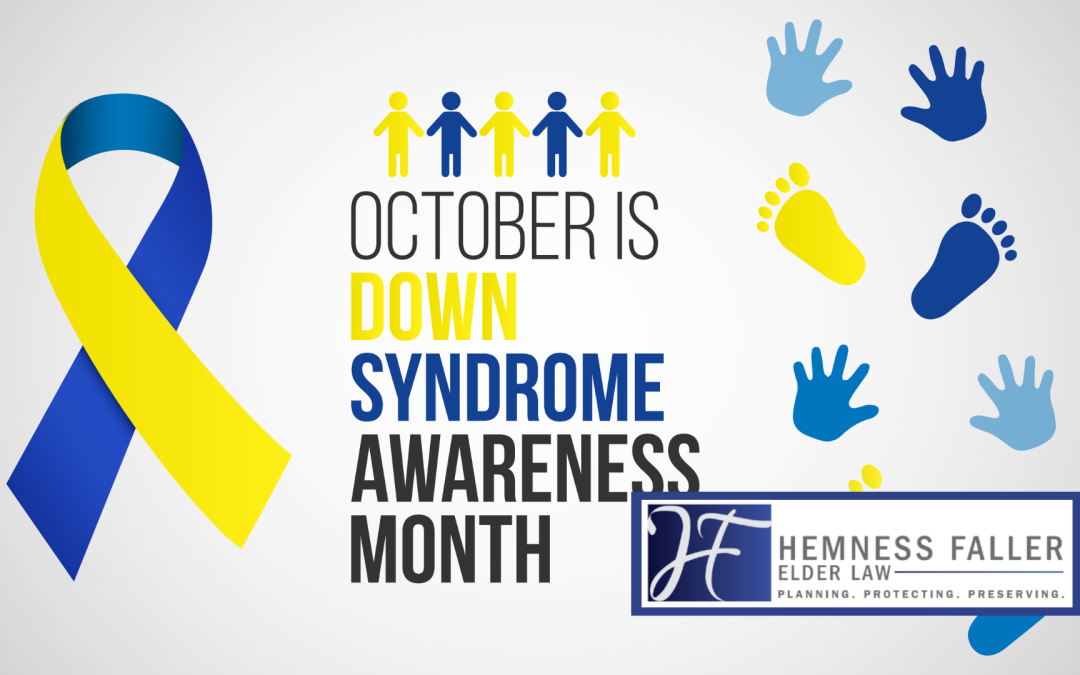Did you know that, on June 26, 2015, the United States Supreme Court issued its landmark decision in Obergefell v. Hodges legalizing same-sex marriage, thereby requiring states to provide same-sex couples with the same access to estate planning, tax, medical and other important benefits as heterosexual couples? While this decision may have made estate planning less complicated for same-sex couples, there may still be some essential issues that you should be sure to address with your attorney when creating or updating an estate plan if you are an LGBTQ+ family.
First, if you already had an estate plan in place before the Obergefell v. Hodges decision in 2015, you need to revisit those planning documents to make sure they use the proper “spouse/husband/wife” language and otherwise conform to your state’s laws in light of Obergefell. Your planning strategy may change, too, in light of the fact that Obergefell allows you to take advantage of strategies that previously were only available to heterosexual couples.
The second key issue that needs to be addressed is the protection of any children in the family. You want to be sure that any children either born or adopted into the family are specifically identified throughout the estate plan. Additionally, if only one parent is the biological parent of the child, it is very important that you understand and address the potential custody issues that come into play for a non-biological parent upon the death or incapacity of the biological parent. Without effective planning, it is possible that a custody battle may ensue if multiple family members want custody of the child when the biological parent passes away. To avoid a potential battle down the road, the non-biological parent should consider adopting the child to establish a legal parent-child relationship. Adoption also ensures that the child will inherit assets from your estate as a biological child if you are a non-biological parent.
Finally, be sure to work with your attorney to help you analyze whether the recognition of same-sex marriage by Obergefell requires you to implement additional estate planning tools to ensure your assets are distributed in the manner in which you intended. Before Obergefell, same-sex couples could distribute their assets to their partner and children in the proportions that they desired. The recognition of same-sex marriage, however, allows the surviving spouse in a same-sex couple to automatically inherit between one-third and one-half of the assets (depending on the state), regardless of what is written into the will. This could be problematic for couples who want to leave a certain portion of their assets to their children, especially if there are children from a prior relationship. An estate planning attorney experienced with these issues can help you use all available tools to address these and any other issues specific to your family and your goals.






